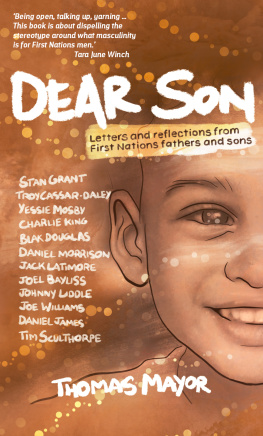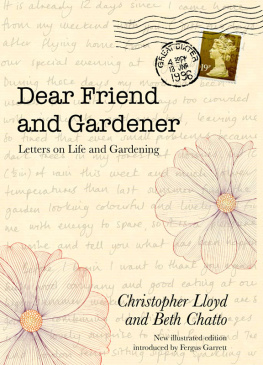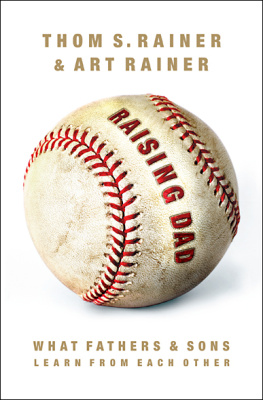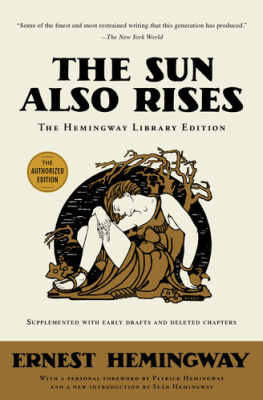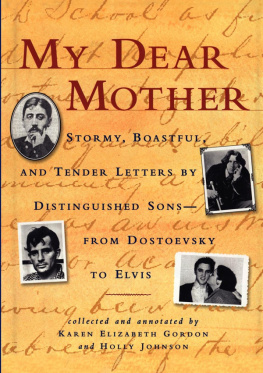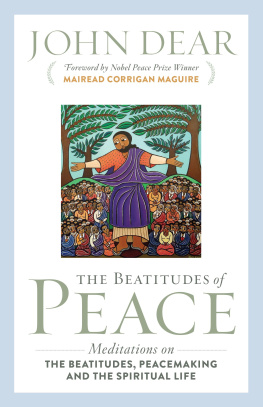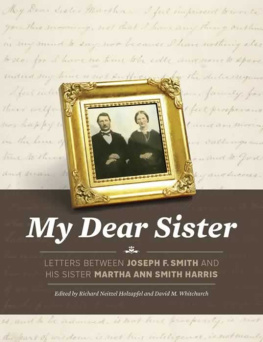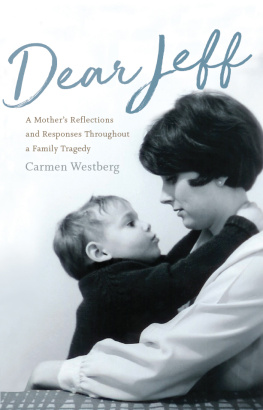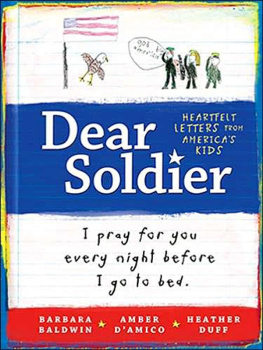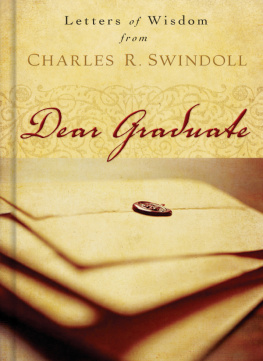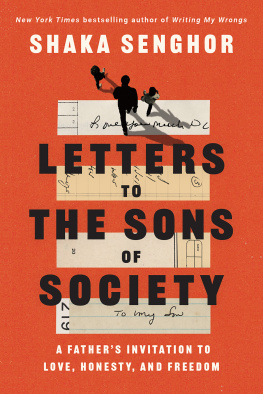Thomas Mayor - Dear Son: Letters and Reflections from First Nations Fathers and Sons
Here you can read online Thomas Mayor - Dear Son: Letters and Reflections from First Nations Fathers and Sons full text of the book (entire story) in english for free. Download pdf and epub, get meaning, cover and reviews about this ebook. year: 2021, publisher: Hardie Grant Explore, genre: Home and family. Description of the work, (preface) as well as reviews are available. Best literature library LitArk.com created for fans of good reading and offers a wide selection of genres:
Romance novel
Science fiction
Adventure
Detective
Science
History
Home and family
Prose
Art
Politics
Computer
Non-fiction
Religion
Business
Children
Humor
Choose a favorite category and find really read worthwhile books. Enjoy immersion in the world of imagination, feel the emotions of the characters or learn something new for yourself, make an fascinating discovery.
- Book:Dear Son: Letters and Reflections from First Nations Fathers and Sons
- Author:
- Publisher:Hardie Grant Explore
- Genre:
- Year:2021
- Rating:3 / 5
- Favourites:Add to favourites
- Your mark:
- 60
- 1
- 2
- 3
- 4
- 5
Dear Son: Letters and Reflections from First Nations Fathers and Sons: summary, description and annotation
We offer to read an annotation, description, summary or preface (depends on what the author of the book "Dear Son: Letters and Reflections from First Nations Fathers and Sons" wrote himself). If you haven't found the necessary information about the book — write in the comments, we will try to find it.
Thomas Mayor: author's other books
Who wrote Dear Son: Letters and Reflections from First Nations Fathers and Sons? Find out the surname, the name of the author of the book and a list of all author's works by series.
Dear Son: Letters and Reflections from First Nations Fathers and Sons — read online for free the complete book (whole text) full work
Below is the text of the book, divided by pages. System saving the place of the last page read, allows you to conveniently read the book "Dear Son: Letters and Reflections from First Nations Fathers and Sons" online for free, without having to search again every time where you left off. Put a bookmark, and you can go to the page where you finished reading at any time.
Font size:
Interval:
Bookmark:

All rights reserved. No part of this publication may be reproduced, stored in a retrieval system or transmitted in any form by any means, electronic, mechanical, photocopying, recording or otherwise, without the prior written permission of the publishers and copyright holders.
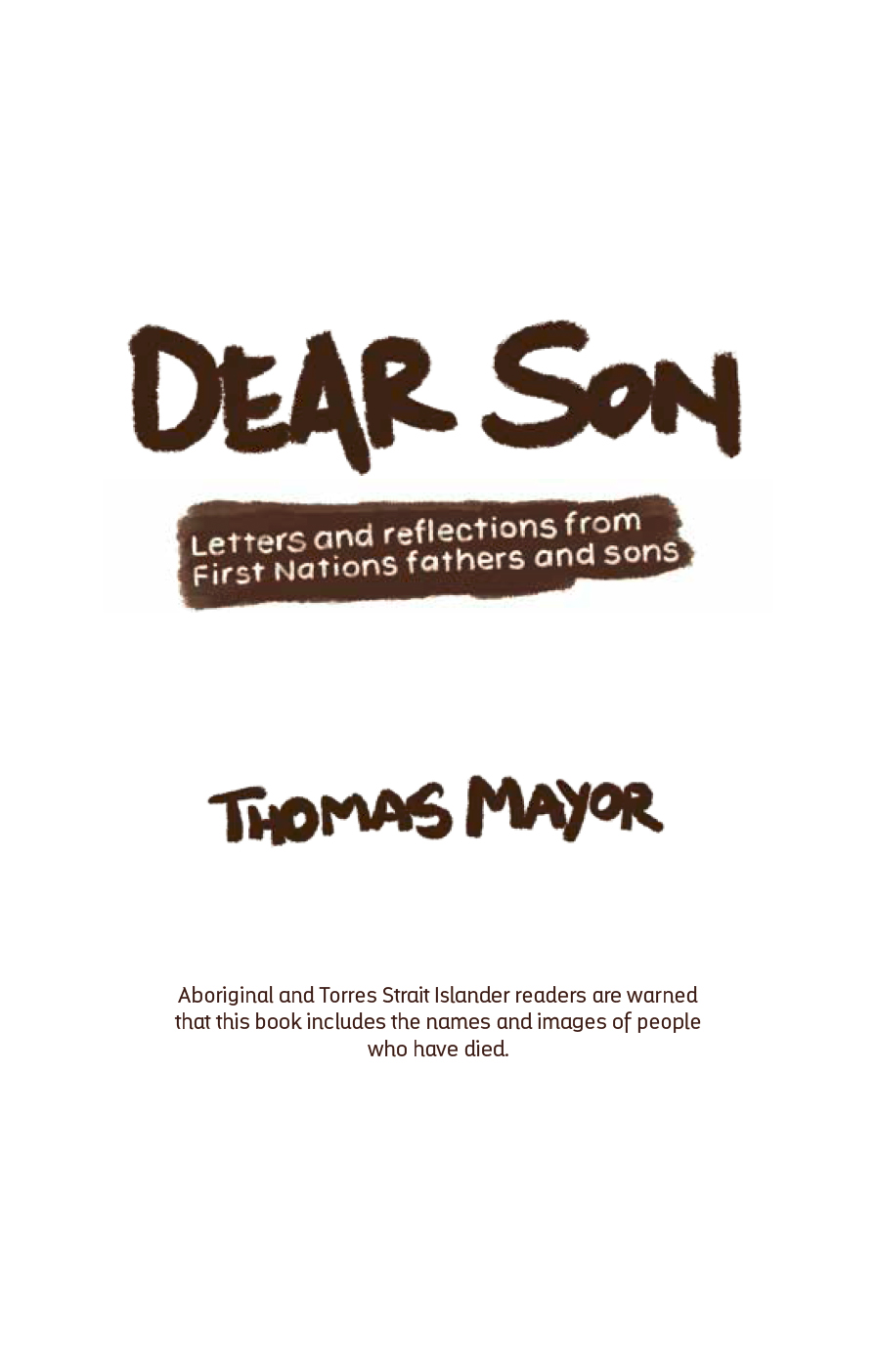

Dear First Nations men,
Together we will unlearn what we were taught in the colonisers missions, slave camps, prisons, ghettos, and in the Australian media. We will sing our culture, healing the earth, as our grandfathers did for more than sixty millennia. We will love ourselves and our families, and we will return to our rightful place in Australia.
We will celebrate who we are, as we have always deserved to do.
In unity,
Thomas Mayor
There is no shame job here. These letters, written to both sons and fathers of sons, are delicate, raw, honest, and always loving.
Im not surprised by the tenderness on these pages, as I myself grew up with a Wiradjuri, Gundungurra, Ngunawal father who was hard and soft, whole and broken, but above all loving. Im the daughter, the woman and the mother I am today because of the father I had.
There is such a great responsibility to be a father, to step up to that role to guide ones children, to be a pillar of strength in the family and community, at home and work. Sometimes the expectation and pressure to appear strong, coupled with the trauma many of our men carry, has led to difficulties with family or with the law.
These stories dont shy away from introspection on those issues. Yet within these pages are the words of sculptors. What I mean is that these men have taken the clay material of the past all that trauma of colonial weight and with it, all that water of community thousands and thousands of years of culture, family, Country and have made something else. These men have chosen to sculpt and there is the beauty of each of these letters. They have shared with the young men and boys of today and tomorrow the lessons they have learnt. They have shown them how to make something solid out of all the materials weve been bestowed with. In the end and along the way, that is what matters.
The demonisation of the Blak man is a colonial stain. Psychologically and emotionally harmful at best, detrimental and life threatening at its worst. When Thomas and I met, I knew he was a great role model. I think we spoke about this book so early in our talking because we were both concerned by the lies and stereotypes about First Nations men being thrown around in the media at the time, and since we were kids ourselves.
This book is about dispelling the stereotype around what masculinity is for First Nations men. Being open, talking up, yarning about sexuality, about running amok, gender roles, the white heteronormative patriarchy in Australia, drugs and alcohol, mental health, love, careers, family, and the weight of both trauma and culture. This book addresses strong cultural ties and also the shame that has historically pervaded those who have been affected by the loss of culture, family and language through the impact of colonialism. Its all here. Also, in these letters, there is great evidence of our mens contributions to our nation.
First Nations men have made a huge contribution to the progress of Australia as we know it today, as workers, veterans, politicians, artists, and activists since colonisation. This book is also a celebration, acknowledgement and affirmation of that effort and survival.
Here also are conversations with women, because our feminism is part of mens business too. These letters pay homage to our mothers and sisters, starting a real conversation that is necessary for our future power.
This book is a call to readers to take up the pen for their own sons and fathers, daughters and mothers. To write a letter about all those unsaid things, and to act knowing that affection, truthfulness and softness are not only representative of maternal love, but paternal love too.
In solidarity,
Tara June Winch
Tara June Winch is a Wiradjuri essayist and author of Swallow the Air, After the Carnage and The Yield. She is the recipient of the Miles Franklin Award and Prime Ministers Literary Award, among others.
Contents
When First Nations men love ourselves we are better able to love our families and communities. Yet loving ourselves is an act of defiance.
Since the beginning of the European invasion of our homes on the Australian continent and adjacent islands, colonial institutions have been teaching my people to hate who we are.
As a boy in school, I was taught that my forefathers were unintelligent and inhuman, while my white friends were taught that their forefathers were great explorers, builders, inventors, and our saviours.
Later, as a young man and the father of three Aboriginal and Torres Strait Islander babies, I saw the Racial Discrimination Act 1975 suspended by Prime Minister John Howard, putting Blak families like mine in peril. With blatant discrimination made legal once again, Howard imposed the 2007 Northern Territory National Emergency Response, or as others called it, The Intervention. As part of The Interventions measures, Aboriginal community leaders were disempowered, with all manner of hard-fought-for rights for self-determination removed. At the border of each of their communities, large signs declared that pornography and alcohol were banned. The Australian Army was mobilised to enforce the emergency measures, and the country silently watched on. Paedophilia, child neglect, substance abuse and domestic violence were broadcast as Aboriginal problems, never mind the effects of colonisation and prejudice; never mind that gender-based violence is prevalent across the entirety of society, and as we have learnt, rife in the very parliament where these decisions were made.
Indigenous men Australia-wide felt the stare of suspicious eyes, as many people believed that our children needed special protection from their own race, especially from their fathers. These attitudes were all based on lies.
And as a middle-aged father of five children, I saw a cartoon in a major newspaper, The Australian, that reinforced a negative stereotype about my capacity to be a dad. It depicted an Indigenous man, beer in hand, indifferently facing a police officer who held a Blak boy by the scruff of the neck. It implied that the man was the father of the boy, and because he was Indigenous he did not know his sons name, nor did he care for him. The cartoon continued the lessons taught to boys in schools. It reinforced the prejudice against me. Indeed, the cartoon was blatantly racist.
Racism is an attitude found in the shallows of the streets and shopping centres, through the thick midstream of the Australian media and our workplaces, to the dark depths of the decision-making state and federal parliaments.
It is against this tide of ignorance that First Nations men defy racism, to love and care for ourselves and our families.

At the Perth Writers Festival in 2020, I met Miles Franklin Literary Award-winning author, Tara-June Winch. We discussed books and publishing, and as Blackfullas invariably do, we talked about family, Country and connections. Tara suggested I write a book about fatherhood.
Font size:
Interval:
Bookmark:
Similar books «Dear Son: Letters and Reflections from First Nations Fathers and Sons»
Look at similar books to Dear Son: Letters and Reflections from First Nations Fathers and Sons. We have selected literature similar in name and meaning in the hope of providing readers with more options to find new, interesting, not yet read works.
Discussion, reviews of the book Dear Son: Letters and Reflections from First Nations Fathers and Sons and just readers' own opinions. Leave your comments, write what you think about the work, its meaning or the main characters. Specify what exactly you liked and what you didn't like, and why you think so.

